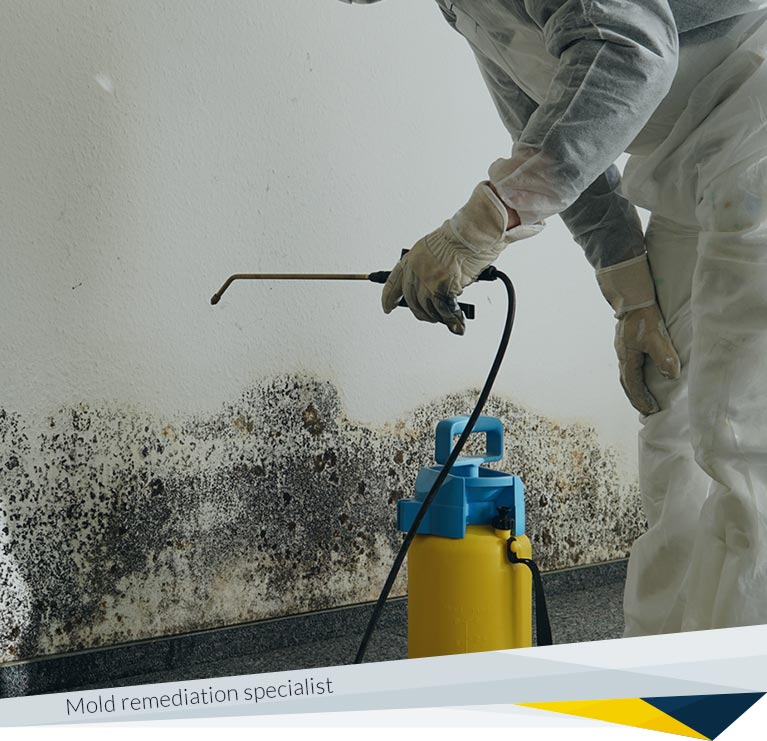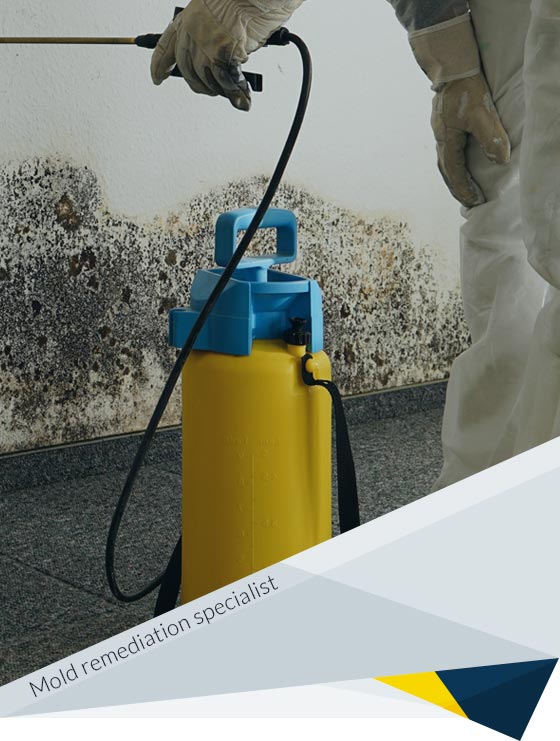How to Prevent Mold Growth in Your House?
Mold in your home can take many different appearances. It can be that slimy black spot growing on your shower curtain, the slick orange film that forms on the kitchen drain, or the white patches on the floor of your basement.
Mold is harmful since it damages surfaces and causes allergies. Therefore, you may be interested in understanding how you can control mold in places like walls, bedrooms, bathrooms, basement, ceilings, the whole house, or the entire apartment. Kindly continue reading for more details.
Ways of Preventing Fungus Growth on the Walls
Mold turns your walls black, green, or orange. Besides discoloration, the paint may begin to peel, and a musty or damp smell may be noticed. You can stop any growth of mold on the interior and exterior walls by following these tips.
- Fix leaks immediately. Dampness facilitates the growth of black mold on the wall below the pipe and anywhere else that remains wet for 24 to 48 hours after a leak.
- Check your roof regularly, particularly before the rainy season or after severe storms, and repair any loose shingles or blocked gutters that can allow water to flow into the house through the walls.
- Please avoid the use of wallpaper glue, for it serves as a food source for mold growth, especially in areas of high humidity. You can use mold testing and inspection on spaces behind the walls if you are concerned that mold may have begun to grow there.
- Use dehumidifiers to regulate the humidity levels in the house and prevent condensation on the walls.
- Ensure that there is no growth of the common black mold above the ceiling in the attic, since this hidden surface can hold a large colony of fungi that spreads to the walls.
How to Prevent Mold in Bedrooms
Mold can appear in bedrooms, even as black mold. This is often due to condensation due to weather conditions. You may notice the black mold growing on the windows, floor, walls, and ceiling of your bedroom as well as on clothes.
You can create a mold-resistant bedroom in the following ways:
- Ventilation is the key to preventing the growth of black mold in your bedroom. You can form a habit of opening your bedroom windows every day and leaving them open for a better part of the day, as long as the weather allows.
- Opening windows in highly humid areas may not help; however, you can depend on dehumidifiers and air conditioners to help.
- You can vacuum your mattress regularly and place your bedroom furniture away from the walls to eliminate the growth and spread of molds.
- Don't fold your clothes or place them in the closet unless they're completely dry. If your bedroom has a bathroom, you can open its windows immediately after you finish showering or use the bathroom fan immediately after showering.
- You should clean your bedroom regularly and dry it when water spills, as well as keep your bedroom door open frequently to control moisture and allow airflow circulation.
How to Prevent Mold in Bathroom
Mold thrives in moist and warm areas. However, you can prevent it from growing and spreading in your bathroom to other places like walls and windows in the following ways:
- The bathroom is always wet because you use it regularly; however, you can prevent mold by focusing on the areas that are always wet like the floor, bathroom tubs, and sinks. You should clean the areas regularly and apply mold-killing products if you spot a small problem area.
- You can use steam cleaners to disinfect, and its attachments to clean tight spots or tile grouting where mold is likely to grow.
- Dry the entire surface completely after the use of the bathroom.
- Put the bathroom fan on slightly before showering and afterward. It will reduce the trapped moisture after a hot shower.
How to Prevent Mold in Apartment
Mold is always present indoors, whether you can see it or not. It grows where there is moisture, and can diminish the structural integrity of the building.
You can prevent the growth of mold in an apartment, which can be black mold, in the following ways:
- Fix leaks immediately after they're discovered. Report leaks as soon as possible to your landlord or management company, or call a plumber yourself - they will thank you for it. Water damage restoration fans should be used after floods or larger plumbing leaks, to increase ventilation.
- In apartment buildings, what happens above you can affect you. So if an upstairs neighbor has a leak, this can lead to mold growth in your apartment as well. So just as you would report your own leak, report water dripping from your ceiling as well.
- Increasing ventilation is important for mold prevention. Often because of their shape, apartments can't get a cross-breeze from opposite sides of the building. Some ways to help reduce humidity are to run the air conditioner in warm weather and to open the bathroom window or turn on the bathroom fan after showering to air out the bathroom.
Remember though, if you should find mold growing in your rental apartment, many states protect the rights of the renter by requiring the landlord to treat the mold as soon as possible. In cases where the mold grows due to negligence by the tenant, the law is less clear and the tenant may be liable for the problem.
In Summary
The only solution to preventing mold growth in your property is to properly manage excess moisture, whether from plumbing, weather, or humidity. You can ensure that bathrooms, bedrooms, basements, or kitchen are clean, dry, and well ventilated. Fix all leaks quickly, and groundwater should be directed away from the house.
<<< Back to our blog





